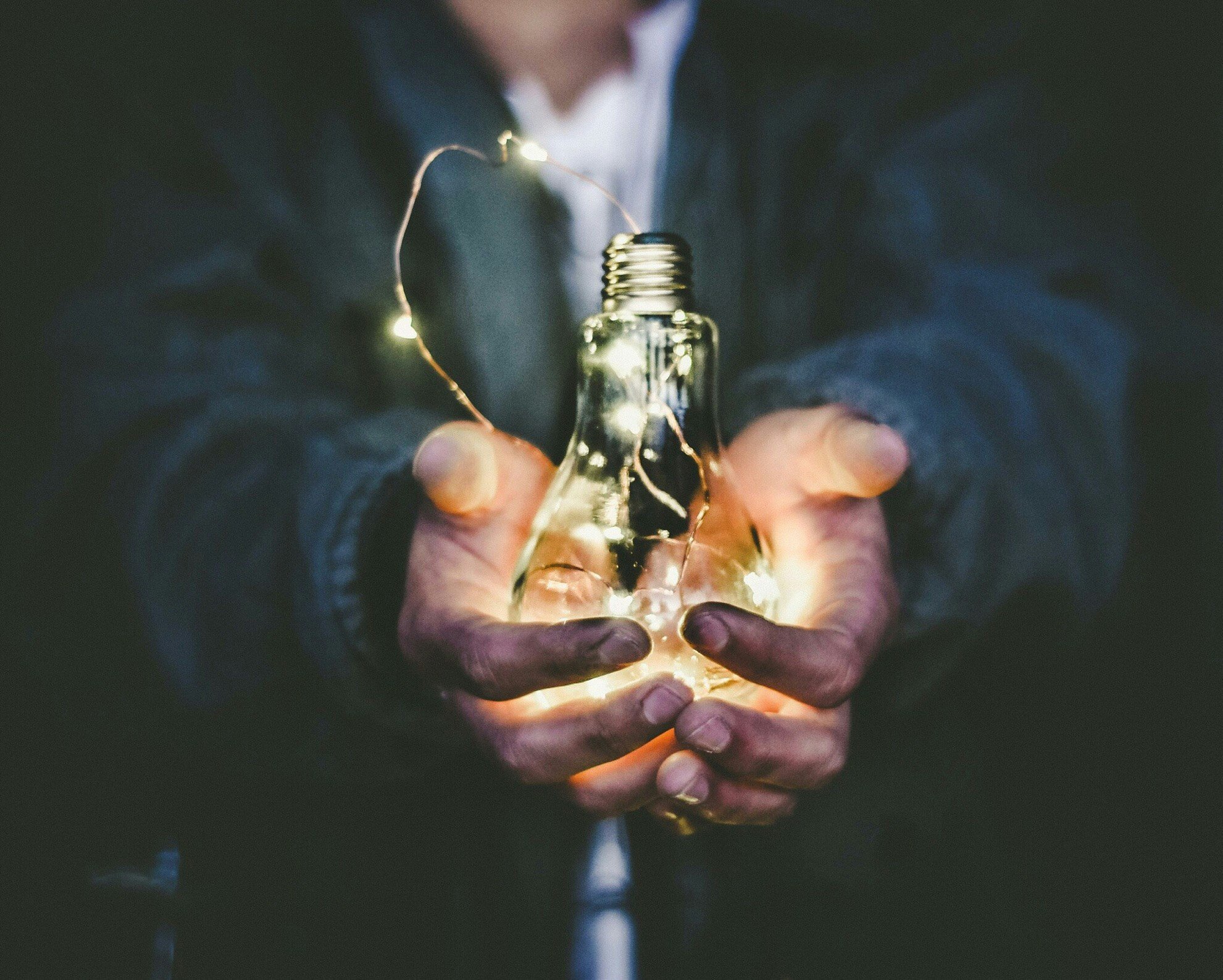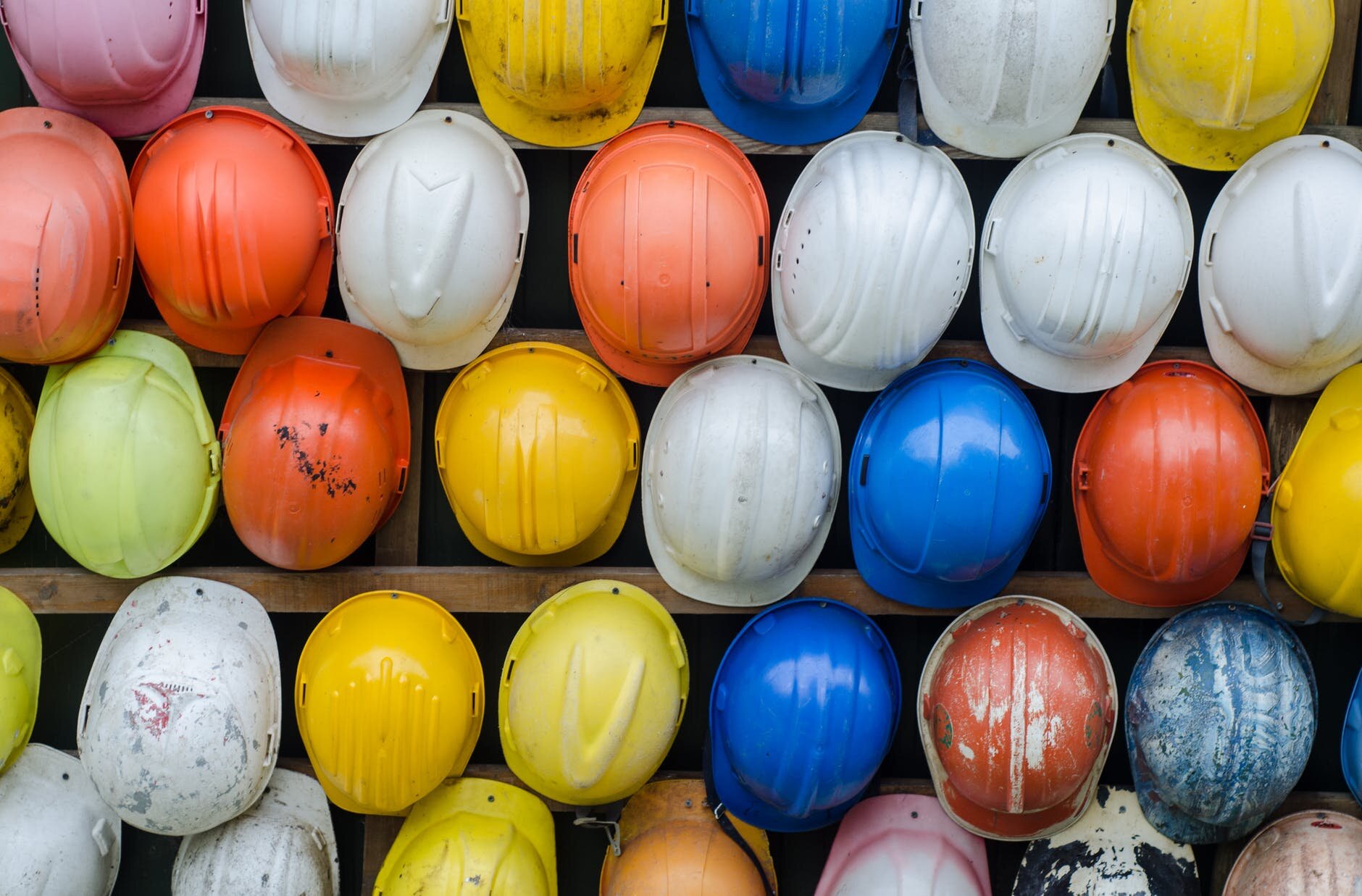Welcome Energy Explorers!
Ready to learn about the utilities and services we use every day in our community? Then you’ve come to the right place! Check out these fun facts and activities all about energy, utilities, community helpers & more.
While we work to get this page powered up, explore these cool websites:
U.S. Department of Energy; Energy Information Administration
U.S. Environmental Protection Agency
Constellation; the nation’s leading clean energy provider
Explore some fun printable pages about everyday energy:

RISE & SHINE!
How do you start your day?
Do you wake up to an alarm clock? Do you grab a drink from the refrigerator? Make your breakfast with a toaster or microwave? Turn on a light to pick out your clothes? Brush your teeth before you leave for school?
All of these things require
You require food and sleep to power your body. Energy from healthy meals and a good night’s rest allows you to
to make good decisions and create new ideas.
Our homes and the items in them also require energy to run. So, your alarm clock, refrigerator, microwave and lights use electricity. And brushing your teeth requires clean water that has been treated so it is safe to use and drink.
Our dependable teams work hard to make sure utility services power our community.
The City of Hamilton operates four major utilities:
Electric, natural gas, water and wastewater.

Money Doesn’t Grow On Trees
Just like the clothes you wear, the groceries you eat and the tickets you buy at a movie theater, utilities cost money. Adults pay bills each month for things like the house they live in, the cell phones they use and even their utilities.
Budgeting your money takes lots of practice. But it can help you avoid spending more than what you have. You may not pay bills, but you can help the adults at home and in your community to save energy. Saving energy saves money.
Here’s a few things you can do:
Turn the lights off when you leave a room—during the day, you may not need lights at all.
Shorten your shower time—try a bathroom radio and get out after a couple of songs.
Avoid wasting water when you can—don’t leave it running while you brush your teeth.
Shut the door—heat and air conditioning escape from open windows and doors quickly.
Take time to unplug—like your computer or game system when they aren’t in use.
Safety First!
Making good choices to save energy is harmless. But because energy is practically invisible, it is important to know it can be very dangerous. Power lines, electrical outlets, appliances, power cords; these electrical items are things you might see or use every day. If you aren’t careful, electricity can cause shock, burns, fires and even electrocution. To prevent serious injuries, hazardous situations, and even death, follow these tips to keep you and your friends safe:
Electricity
Flammable Materials
Check out these websites to learn more about electric safety and making a plan:
Electrical Safety Foundation (ESFI) Safe Electricity Ready Kids
NEVER FORGET ABOUT SAFETY!

Save Energy, Save Money, Save the Planet
Some resources we use for energy can be used over and over without any worries. Other resources we need to be careful how much we use, because they can run out.
Renewable energy sources can be used often, because they can be replenished over time. That includes solar power from the sun, wind energy, and hydropower from flowing water.
Nonrenewable energy sources can’t be replaced, so we need to be careful how much we use. That includes coal, oil, and natural gas.
Electricity can be both. So, it is good to practice conserving energy (changing what we do to use less energy) and being more energy efficient (using technology that requires less energy).

















